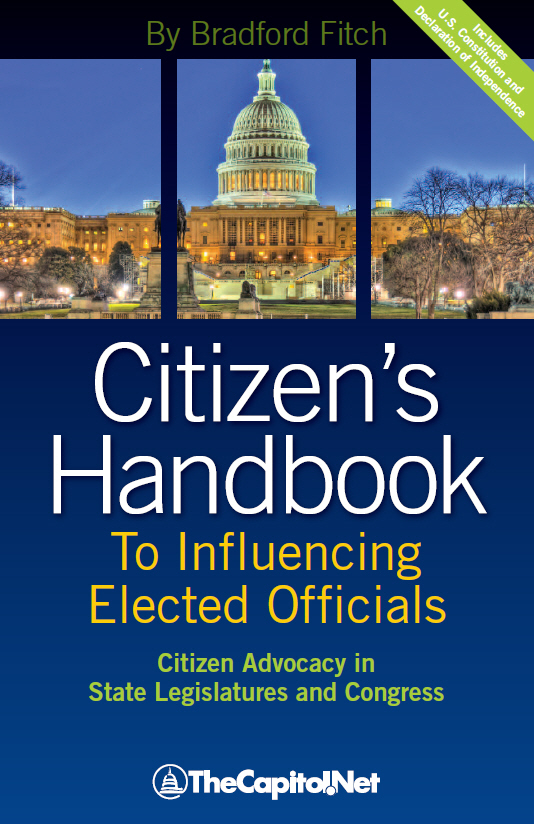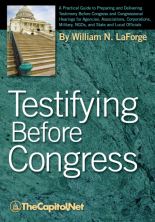If you have ever wanted to take a position on a particular piece of legislation and take action to persuade the decision making of Congress but felt you did not have any hope of doing so, it is important to understand how legislators are influenced. The decision making of any legislator is primarily dominated by their constituents. With that said, just as it is important for anyone to consult a variety of resources before making an important decision, members of Congress follow the same pattern. They often consult family as well as friends, people they work with and subject matter experts.

Legislators are like the rest of us. Their family and friends have their ear when it comes time to make a difficult decision. Legislators tend to speak with the people they trust the most and this includes their family and friends.
Acquaintances with more than a passing interest on a matter can also influence members of Congress. Legislators tend to know a lot of people. If an acquaintance has knowledge of a particular topic they can provide a lot of influence. Legislators also tend to pay attention to colleagues they respect. In many cases, legislators may actually seek out guidance from experts who have studied an issue and who bring their own perspective to the debate. This is particularly true of other members of Congress. Junior members of Congress may choose  to sit back and wait to see how senior members are going to vote before determining their own position on an issue.
to sit back and wait to see how senior members are going to vote before determining their own position on an issue.
Legislative leaders can also exert quite a bit of pressure on fellow legislators. There is definitely a hierarchy within Congress and members of the House of Representatives tend to be far more susceptible to influence than senators simply because House rules make it possible for leadership to establish the agenda.
What about lobbyists? How much influence do lobbyists actually exert over members of Congress? The common perception by the public is that it is quite a bit. The truth of the matter is that lobbyists only rarely determine policy outcomes. Organized citizens are more often responsible for determining policy outcomes.
If you have ever thought that you did not have a chance of making an impact, think again. It takes motivation and organization, but it is possible.
Reference: Citizen’s Handbook, by Bradford Fitch, Chapter 4 People Who Can Influence Legislators.
Also see
- “What’s the deal with contacting my Representative or Senators?“
- Our FAQ: “How to Contact Congress“
- How do I get an American flag that has flown over the U.S. Capitol?
- A Guide for Communicating with Congress
Courses
- Congressional Operations Briefing – Capitol Hill Workshop
- Drafting Federal Legislation and Amendments
- Writing for Government and Business: Critical Thinking and Writing
- Custom, On-Site Training
- “Preparing and Delivering Congressional Testimony and Oral Presentations” a Five-Course series on CD
- “Congress, the Legislative Process, and the Fundamentals of Lawmaking Series” a Nine-Course series on CD
Publications

Testifying Before Congress

Pocket Constitution

Citizen’s Handbook to Influencing Elected Officials: A Guide for Citizen Lobbyists and Grassroots Advocates

Congressional Procedure
CongressionalGlossary.com, from TheCapitol.Net
For more than 40 years, TheCapitol.Net and its predecessor, Congressional Quarterly Executive Conferences, have been teaching professionals from government, military, business, and NGOs about the dynamics and operations of the legislative and executive branches and how to work with them.
Our custom on-site and online training, publications, and audio courses include congressional operations, legislative and budget process, communication and advocacy, media and public relations, testifying before Congress, research skills, legislative drafting, critical thinking and writing, and more.
TheCapitol.Net is on the GSA Schedule, MAS, for custom on-site and online training. GSA Contract GS02F0192X
TheCapitol.Net is now owned by the Sunwater Institute.
Teaching how Washington and Congress work ™

